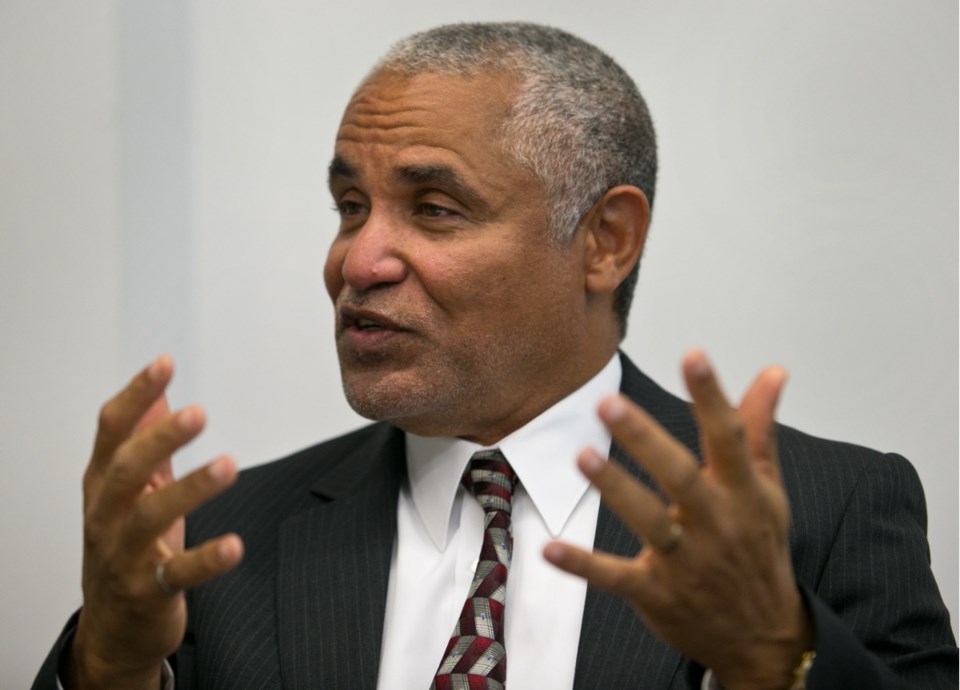A poll conducted by opponents of the Capital Regional District’s sewage treatment plan is misleading and will produce skewed results, say officials with Seaterra, the civilian body overseeing the $783-million megaproject.
Seaterra said the automated telephone poll contained loaded questions that were misleading and emotionally charged and will lead to an inaccurate portrayal of public opinion.
“I made a firm commitment that we will correct any misinformation that’s out there in the media,” said Seaterra program director Albert Sweetnam. “This is complete misinformation, so I thought it needed to be addressed.”
But a representative from the citizen’s group that commissioned the poll, the Sewage Treatment Action Group, said Seaterra should wait for the results before making judgments.
“They were anticipating the results of a survey we had done, which we hadn’t published yet,” said STAG’s Richard Atwell, who plans to release the results on Monday.
“I think the results are not going to be greatly surprising to people, but they are not going to line up with what the [Seaterra] press release said.”
Seaterra said the automated calls included a statement such as: “We were calling to ask your opinion on your concerns about the CRD’s sewage project that will continue to flush toxic chemicals and pharmaceuticals into the ocean, even after secondary treatment. Are you concerned, yes or no?”
The statement misrepresents the concern about trace chemical contaminants in effluent from secondary treatment, which are lower than in household dust, Sweetnam said.
The survey also doesn’t give respondents a chance to answer no, he said. “If you punch the button for no it shuts you off. That’s not the way a poll is done.”
The CRD has asked the province to intervene after Esquimalt council rejected the CRD’s bid to rezone a former oil tank farm at McLoughlin Point for a $230-million sewage treatment plant. The site is zoned to allow wastewater treatment, but the CRD was seeking encroachments into a shoreline buffer and to increase the allowable height.
The rejection came after an extended public hearing that included more than 100 presentations — only two of which were in favour of the plan.
Some observers have been critical of the hearing process, which allowed broader comments about the need for sewage treatment and for alternative methods of treatment.
Victoria Coun. Geoff Young, chairman of the CRD’s liquid waste management committee, said Seaterra, which is supposed to be building the project, has been forced to address those broader arguments.
“Seaterra itself, which has been charged with the responsibility of delivering the program, is finding its ability to do that is being affected very markedly by the discussions about the rezoning, which have been expanded to include a lot of these other discussions,” Young said.



